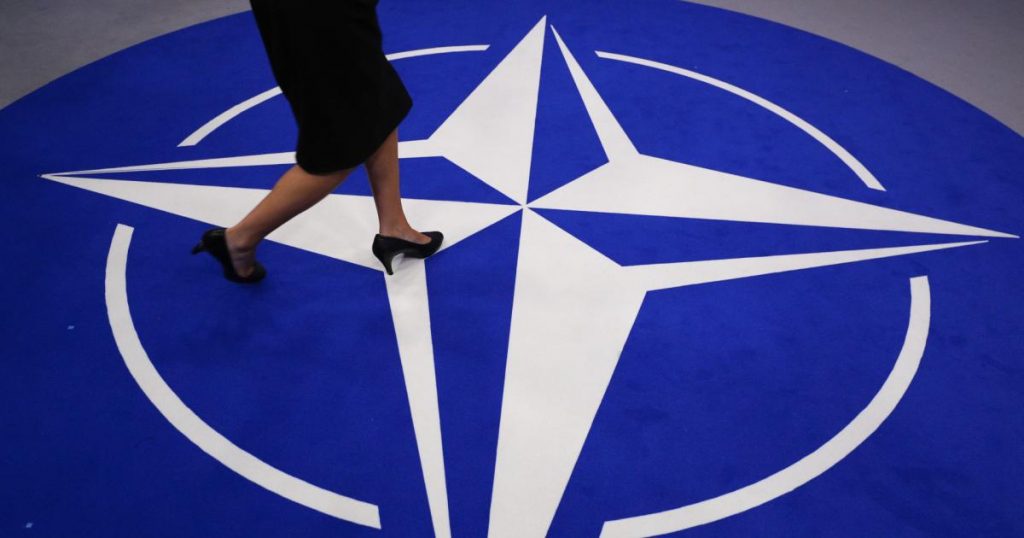On Friday evening, France invited its ambassadors from Washington and Canberra to return for consultations in an extraordinary diplomatic move between allies. The United States of America, Great Britain and Australia had earlier announced the creation of a new security alliance for the Indo-Pacific region, after which Australia halted a multi-billion dollar submarine deal with France. Instead, Australia wants to buy US nuclear submarines.
Ahead of Le Drian’s remarks, the head of NATO’s Military Committee, Rob Bauer, said in Athens on Saturday that he did not expect the row over the failed submarine deal to have any impact on military cooperation within NATO.
Irritation between the United States and France
It is the first time in the history of US-French relations that Paris recalls its ambassador from Washington. Such a move is considered very unusual among the Allies. The French reaction provoked regret in Washington.
“We regret that you took this step,” the White House representative said. “France is an important partner and our oldest ally, and we value our relations very much,” the foreign ministry added. The State Department in Washington confirmed that it is hoped that it will be able to continue the discussion on the subject in the coming days.
Pentagon spokesman John Kirby said phone calls between US Defense Secretary Lloyd Austin and his French colleague Florence Parly showed “there is still a lot to do in our defense relationship with France.”
Australian Foreign Minister Marise Payne said of the row with France that there were now “very difficult issues to deal with”. Australia will continue to work with France “constructively and closely”.
The French ambassador is deeply indignant
The French ambassador to Australia, Jean-Pierre Thibault, was very upset on Saturday before his departure: “I think a big mistake has been made here, and it’s a very bad approach to partnership,” he told reporters. “It was not about a contract, it was about a partnership that should be based on trust, mutual understanding and openness.”
In light of China’s expansion efforts in the economically important Indo-Pacific region, Washington, London and Canberra announced their new alliance on Wednesday. Among other things, it allows Australia to benefit from US technology in building nuclear-powered submarines and from knowledge in the field of cyber defense. The United States also wants to expand its military presence in Australia.
Date
Soon after the agreement was announced, Canberra canceled its planned multi-billion dollar submarine deal with France. The contract size for the delivery of twelve French diesel submarines was €31 billion when it was signed in 2016 – there was talk of a “contract of the century”.
France also considers itself a great power in the Indo-Pacific because of overseas territories such as New Caledonia and French Polynesia. Le Drian had already accused the government in Canberra on Thursday of having “stabbed Paris in the back”. US President Joe Biden, who declared competition with China at the top of his foreign policy issues, made a “brutal” decision based on the slogan of his predecessor Donald Trump – “America First”.
Malaysia is concerned
On the other hand, Malaysia has expressed concern about the arms treaty, under which Australia will now build eight nuclear-powered submarines from France instead of conventional submarines. “This will provoke other powers to act more aggressively in the region, especially in the South China Sea,” the Prime Minister’s Office said regarding China.

“Food practitioner. Bacon guru. Infuriatingly humble zombie enthusiast. Total student.”







More Stories
KaDeWe stops selling meat and sausages
Another earthquake near the giant Naples volcano
Trump wants to block Harris' access to donations